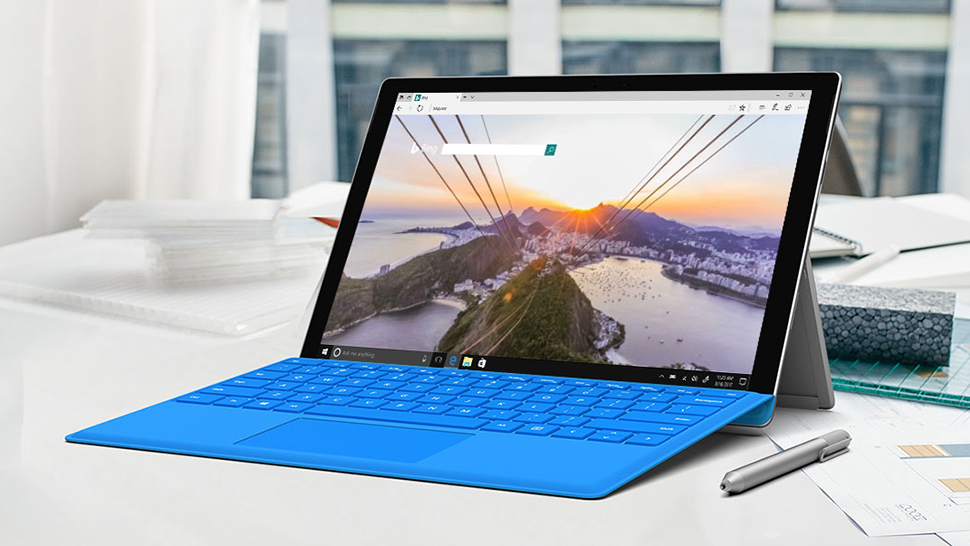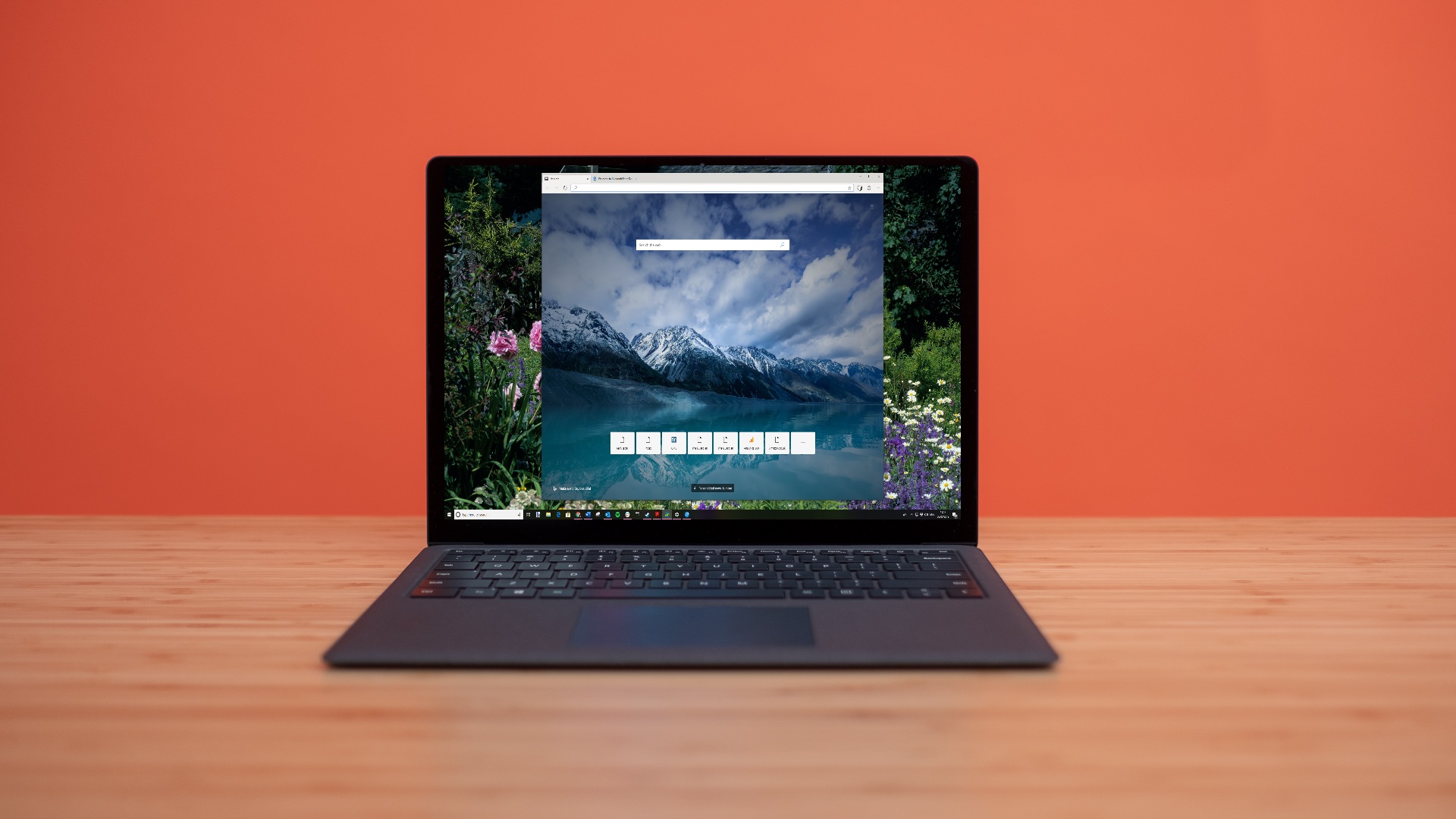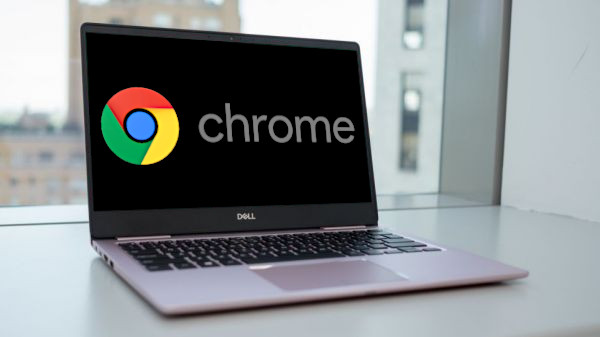Is Chromium-based Edge the best thing ever to happen to Google’s Chrome browser?
Could Microsoft’s switch to Chromium have unforeseen consequences?

At the end of 2018, Microsoft officially announced that the old Windows 10-only version of Edge was dead, to be replaced by a revamped spin on the browser based on Chromium – the same rendering engine which Google’s Chrome browser uses (and some other efforts besides, such as Opera and Vivaldi).
Edge’s browser market share was pitifully small (and indeed starting to go backwards), so Microsoft had to take action in some manner. Quite drastic action, really, but Microsoft needed to move quickly to stop the rot, and Chromium evidently seemed the ideal way to ensure better compatibility with websites for the new Edge, and make it more reliable overall.
Not to mention enabling it to be deployed over a wider range of platforms for stronger prospects of increased adoption; not just all versions of Windows, but macOS and other operating systems (Linux is a strong possibility too).
- Chromium-based Edge got a load of new features at Build 2019
- Problems with Google’s browser? Here’s how to fix Chrome
- We’ve picked out the best web browsers of 2019
However, let’s put aside any thoughts of how this decision affects Edge for now, as what we want to consider here is what it means for Chrome. After all, there's a possibility that this move could be a massive boost for Google’s web browser.
Chromium commit
Even in the current pre-release and testing stage for Chromium-based Edge, it’s clear Microsoft has fully committed to improving Chromium in many respects. And of those multiple enhancements – some planned, some already underway or in place – many of them look to be important strides forward, and they’ll come to all Chromium-powered browsers, which includes Chrome itself.
In just the last week or so, we’ve witnessed Microsoft drive Chromium forward in terms of working on smoother scrolling for web pages (which can get quite jerky on busier pages), and potential tweaks to memory management for a faster startup for Chrome on lower-spec PCs. Not to mention touches like implementing text suggestions for the hardware keyboard, bolstering Incognito Mode on Windows 10 to give it a tighter level of privacy, as well as improving overall responsiveness and functionality with touchscreen devices, and more besides.
The potential performance tweak for swifter startup is quite telling in particular, and it’s easy to envisage that on a broader level, there will be memory management and performance improvements engineered by Microsoft that Chrome will benefit from – and thus battery longevity boosts when it comes to surfing on notebooks. This would be a particularly big bonus for Google, because resource hogging is known to be Chrome’s major weak spot.
Get daily insight, inspiration and deals in your inbox
Sign up for breaking news, reviews, opinion, top tech deals, and more.
It’s certainly good to see Microsoft committing so strongly to work on Chromium here – and staying true to the push with open source that it has made a big deal of in recent times – but it’s increasingly looking like Chrome really has a lot to gain from all this.
So never mind Mozilla’s (the maker of Firefox) initial cries of “by adopting Chromium, Microsoft hands over control of even more of online life to Google”, perhaps there is an even more direct threat: that Microsoft’s innovations with the new Edge equally bolster Chrome and will reinforce its top spot in the browser world. And it’s already by far the most dominant web browser holding a 66% market share (according to analytics firm Netmarketshare’s latest stats).

Edge of tomorrow
Naturally, the obvious counterargument to this is that Chromium-based Edge will come out of the gates, be a hit with users, and start stealing market share from Chrome, so any potential gains for Google will be more than cancelled out.
After all, the revamped Edge obviously still benefits from all these improvements, and potentially the goodwill generated by Microsoft going all-in with its energy and drive to improve the open source project.
We must also consider that the early signs are promising for Microsoft’s revamped browser, with a generally positive reaction from testers, and anecdotally, we’ve found it comes up trumps on the resource usage front.
However, Chromium-based Edge launching and storming off busily attracting new users is not necessarily a given, by any means. There are potential reasons why things might be a little rockier for Microsoft post-release.
First of all, remember that this new spin on its browser still keeps the Edge brand, and that name does not carry positive connotations. What if some of that poor reputation still sticks, even if this fresh browser is an entirely new proposition in terms of its engine? Not everyone will be fully aware of that, particularly less tech-savvy surfers. Given that, persuading people to leave Chrome, which is well-established as a trusted name, could be a sticking point.
Another thing to consider is that if Chromium-based Edge runs into bugs that need help from Google to fix – as we’ve seen recently with flaws in Google’s services including Meet and Google Docs – will Microsoft’s browser rival be prioritizing fixes for them? (More on that momentarily). Mozilla has certainly complained in the past about multiple mistakes caused by Google, and not fixed with any particular urgency, which have considerably disrupted its Firefox browser.
One of the main reasons for Microsoft switching to the Chromium engine was to secure its much-prized compatibility and reliability for the new Edge, so if things get even a little shaky on this front, that’s going to be a disappointment.
Furthermore, there could be compatibility question marks over extensions (the add-ons that introduce extra functionality to the browser, like a VPN, for example). Microsoft has promised that Chromium-compatible extensions will function off-the-bat in the new Edge without any extra work required from developers, and let’s hope that’s the case – but it remains to be seen exactly how that will pan out in the real world. It’s not hard to imagine that some offerings might run into unforeseen glitches.
So, what if Microsoft struggles with some of these potential pitfalls? If that’s the case, and Edge Mark II fails to hoover up any of Chrome’s market share as a result, or indeed even pushes users to the latter thanks to Chromium improvements that both browsers benefit from – is this really handing Google the keys to the web kingdom on a plate?

Browser war?
Even if the potential drawbacks we’ve mentioned turn out to be baseless concerns, and Chromium-based Edge does indeed start to gain traction and popularity, causing users to defect away from Chrome, what will that mean for the relationship between Microsoft and Google?
In short, what if a new browser war kicks off? While the initial collaboration between the two companies seems to be ticking along very nicely right now, obviously we could see a change of heart and attitude from the tech giants if Edge starts to impact upon its rival.
Remember what we said just now about Google potentially not being keen to prioritize fixing broken bits and pieces for Microsoft? It’s difficult to imagine Google being in any more of a hurry if open hostilities have broken out between the two.
Ultimately, it’s impossible to know where this collaboration will end up, but the more we think about it, the more it seems that the move to Chromium – while arguably necessary – really is a leap in the dark for Microsoft. It feels like Google is holding more of the cards to us, at any rate, and there seems a real possibility that Chrome could be the biggest beneficiary here.
One thing’s for certain: it will be fascinating to see how all this plays out, one way or another.
- Surf the web on one of our best laptops of 2019
Darren is a freelancer writing news and features for TechRadar (and occasionally T3) across a broad range of computing topics including CPUs, GPUs, various other hardware, VPNs, antivirus and more. He has written about tech for the best part of three decades, and writes books in his spare time (his debut novel - 'I Know What You Did Last Supper' - was published by Hachette UK in 2013).